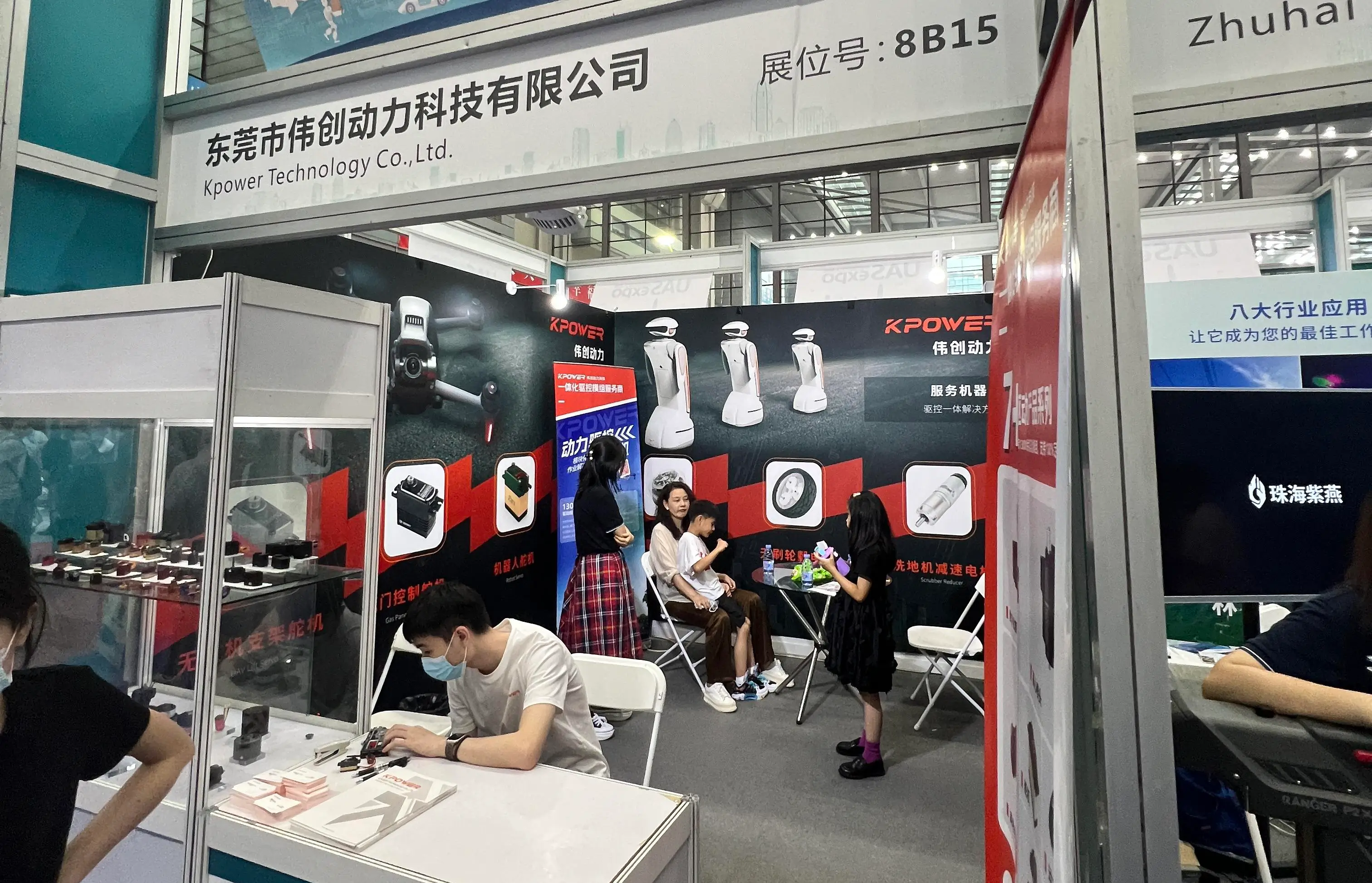Ever wondered how much weight a servo motor can really heft? Not just the numbers on a spec sheet, but what it translates to in the real world. It’s a fascinating question because servo motors come in such a wild array of sizes, styles, and power outputs. From tiny. My-QR-robot arms to huge industrial loaders, their lifting capacities can be worlds apart. But how do you know what’s enough? Or if a particular model can handle the job you’ve got in mind?

Imagine a scenario—you're tinkering with a DIY robotic arm. You want it to lift a small package, maybe a few pounds, maybe a bit more. The key is to look at the torque rating—remember, torque is what determines the pulling or pushing power of the servo. For example, a servo with a torque rating of 10 kg·cm can lift roughly 4-5 pounds at a small arm’s length, depending on the leverage. So, if you want to lift heavier stuff, you need a motor with higher torque. It’s just like lifting a heavy grocery bag—the farther the bag’s handle from your hand, the more strain on your muscles.
But it’s not just about raw numbers. The efficiency of the servo, its gear ratios, and even the power supply all come into play. Say you’re working on a robot arm that needs to lift up to 10 pounds. If the servo can only exert 5 kg·cm of torque, it’s going to struggle—probably stall or cause damage. On the flip side, a servo with 50 kg·cm? Now that’s impressive, capable of raising quite a load with no sweat.
Some might ask, “Can I just pick the biggest servo? More power means I never have to worry!” Not quite. Overkill can be just as problematic as underpowered components. Bigger servos often come with more weight, higher power consumption, and sometimes less precise control at lower loads. So, what’s the sweet spot?
Think about your project’s scale and precision. Small RC cars use servos rated around 2-3 kg·cm because that’s enough to move their steering mechanism smoothly. But a CNC machine’s robotic arm might need 100 kg·cm or more to handle hefty tools or parts. Choosing the right servo isn’t always about max capacity; it’s about right capacity—matching your needs without unnecessary bulk.
When you're shopping, check the torque specs carefully. Also, note the voltage and current ratings—if your power supply isn’t up to snuff, performance drops fast. And remember, the actual lifting capacity also depends on how the load is distributed and the arm’s design. It’s like trying to lift a box with a flimsy handle versus a sturdy one—the strength of the connection matters too.
So, if you're wondering whether a specific servo motor can handle what you’ve got in mind, ask yourself how much weight you really need to lift, how the load is distributed, and what kind of precision you require. Don't just focus on the numbers—think about your setup, your power source, and the environment. Sometimes, a slightly more powerful motor is worth the investment for peace of mind.
Whether you’re building a robot, automating a process, or crafting something entirely new, knowing the capabilities of a servo motor can save your project from surprises. Plus, understanding these details lets you craft something more reliable, more innovative. In the end, it’s not just about lifting weight—it’s about lifting possibilities.
Established in 2005, Kpower has been dedicated to a professional compact motion unit manufacturer, headquartered in Dongguan, Guangdong Province, China. Leveraging innovations in modular drive technology, Kpower integrates high-performance motors, precision reducers, and multi-protocol control systems to provide efficient and customized smart drive system solutions. Kpower has delivered professional drive system solutions to over 500 enterprise clients globally with products covering various fields such as Smart Home Systems, Automatic Electronics, Robotics, Precision Agriculture, Drones, and Industrial Automation.




































